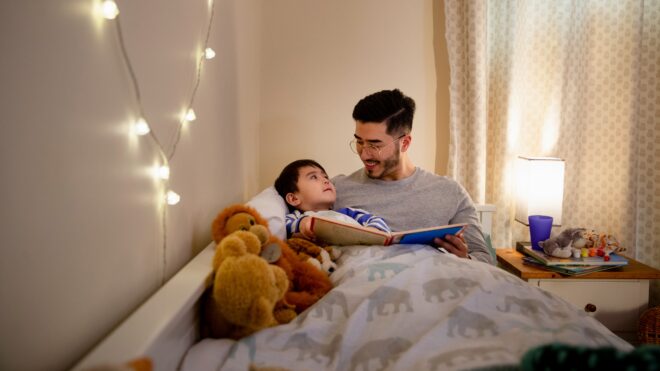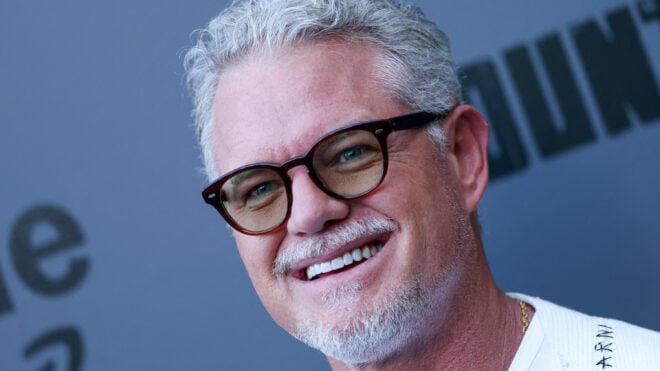
Kids of all ages and at all stages can go through ups and downs emotionally. Every child handles their emotions in a different way, but sometimes parents can find themselves concerned about their children's mental health and their emotional development.
These days, it's more common than ever for kids to be in therapy. Still, some parents may worry about whether therapy is the appropriate route for their child. If you've never been in therapy yourself, the situation could be that much more daunting.
LittleThings spoke with Dr. Anisha Patel-Dunn, psychiatrist and chief medical officer at LifeStance Health, about how to determine whether therapy is right for your child and how to navigate the process of finding the right therapist for your child.
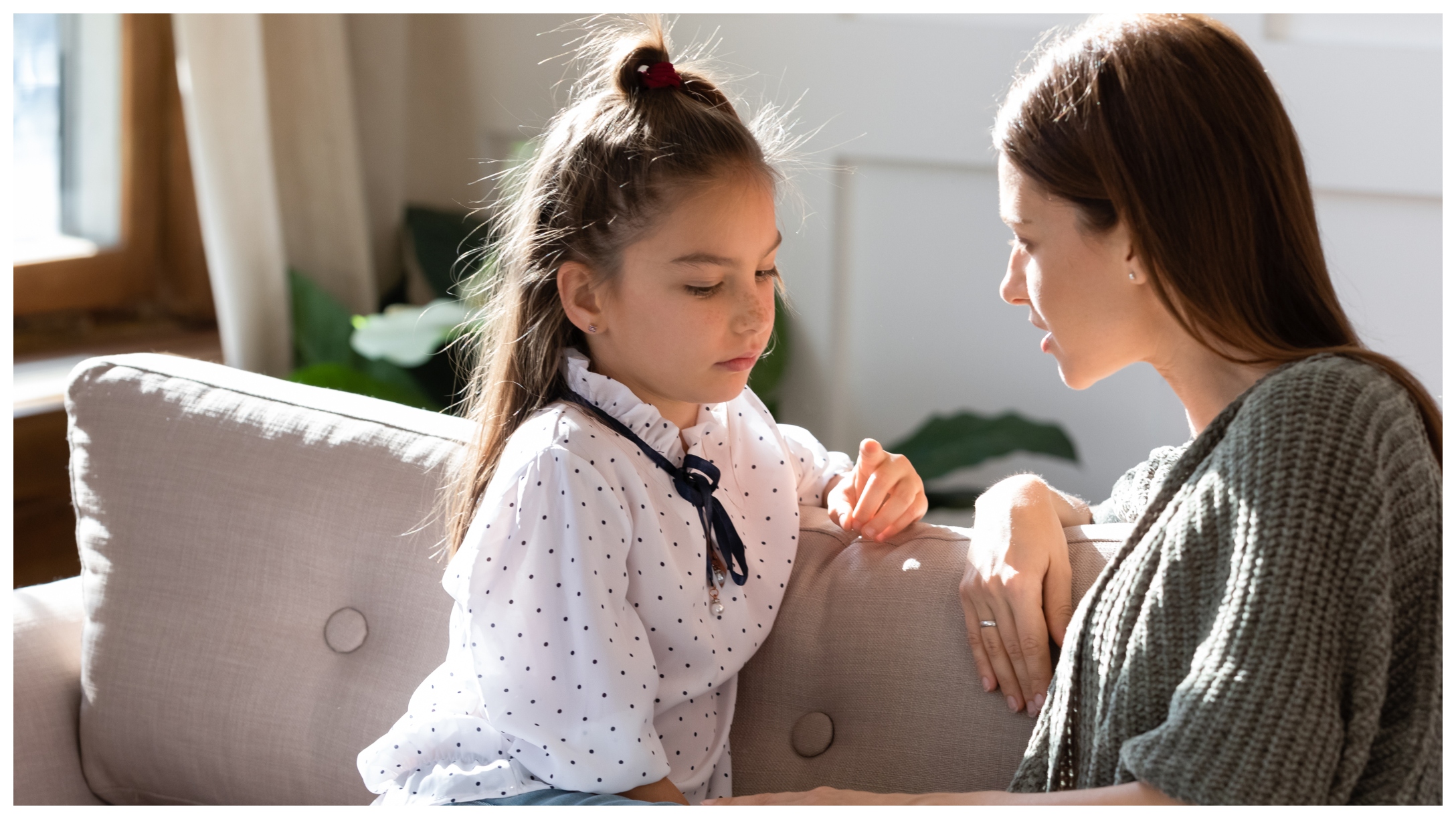
Many parents who are considering therapy struggle to determine whether it's right for their child.
"If it's crossing your mind that your child may benefit from speaking with a mental health professional, I'd recommend scheduling an appointment," says Dr. Patel-Dunn.
"More specifically, if you notice things are getting in the way of your child functioning, like not enjoying activities they used to, difficulty sleeping, social anxiety, increased irritability, or any behavior that seems out of character, it’s a sign to get help."

That said, finding the right therapist and getting your child set up can be a difficult process to navigate. Patel-Dunn recommends you begin by talking to your child's pediatrician.
"Your pediatrician or family practice doctor can be a great place to start, as they can be a gateway to connect you with clinicians they feel comfortable with and have worked with in the past," she notes.

Many schools have also added mental health professionals to their staff to address these issues. They can also help you get your child the help they need both inside of school and outside of school.
"You’ll most likely want to narrow down your search to a child and adolescent therapist," Patel-Dunn notes.
"From there, I recommend looking at clinicians' bios so you can get a sense of synergy in terms of their approach, ethnic background, experience, what issues they focus on, etc."
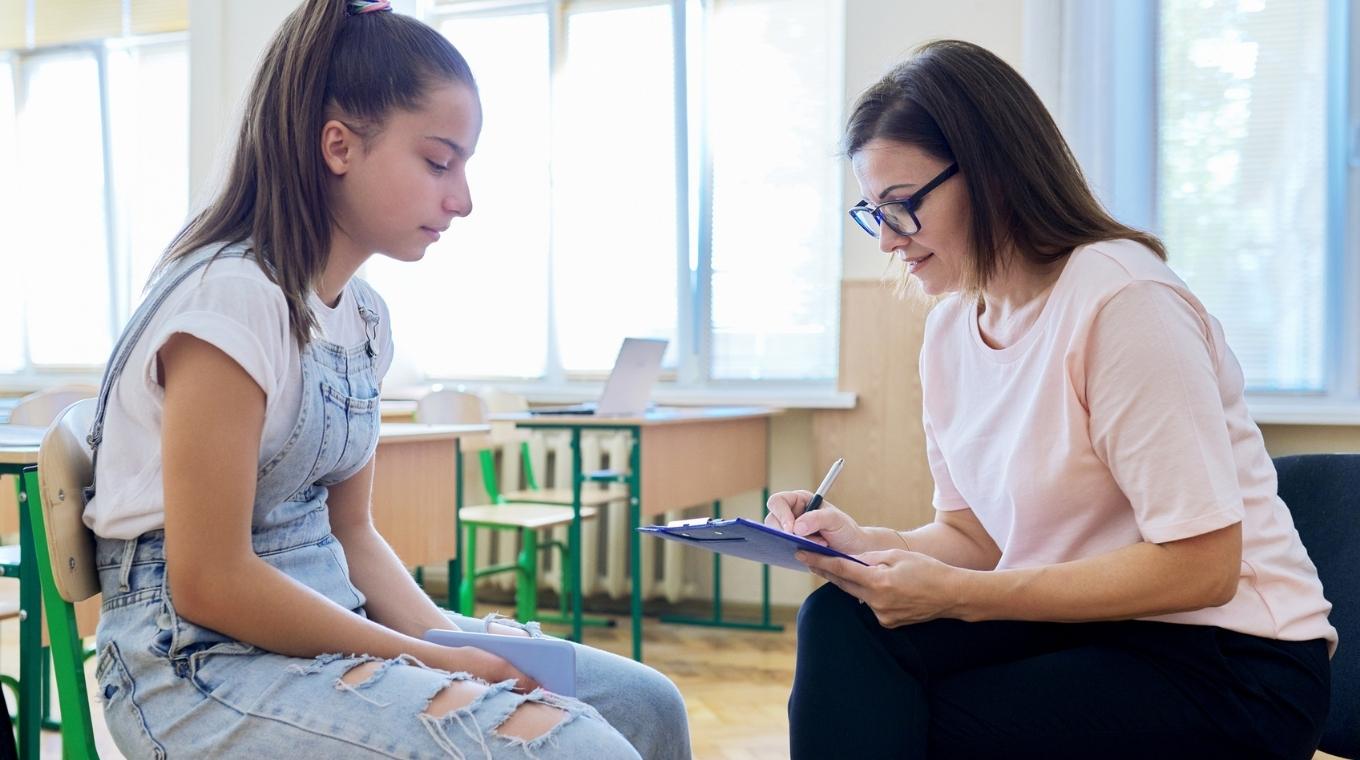
Patel-Dunn also notes that it can take a few sessions with a therapist to determine whether they are a good fit for your child's needs.
"It's important to give your child two to three sessions to know if they're comfortable with the clinician and if it's the right fit," she shares.
"It can take a few sessions for them to feel comfortable opening up, and it's normal to feel anxious after the first visit. However, if it doesn’t feel right or your child doesn't feel comfortable being open or honest, or you find they want to avoid appointments, it may not be the right fit.
"If not, rest assured that mental health clinicians are there to help and can provide a recommendation for another clinician who may be a better fit for your child."
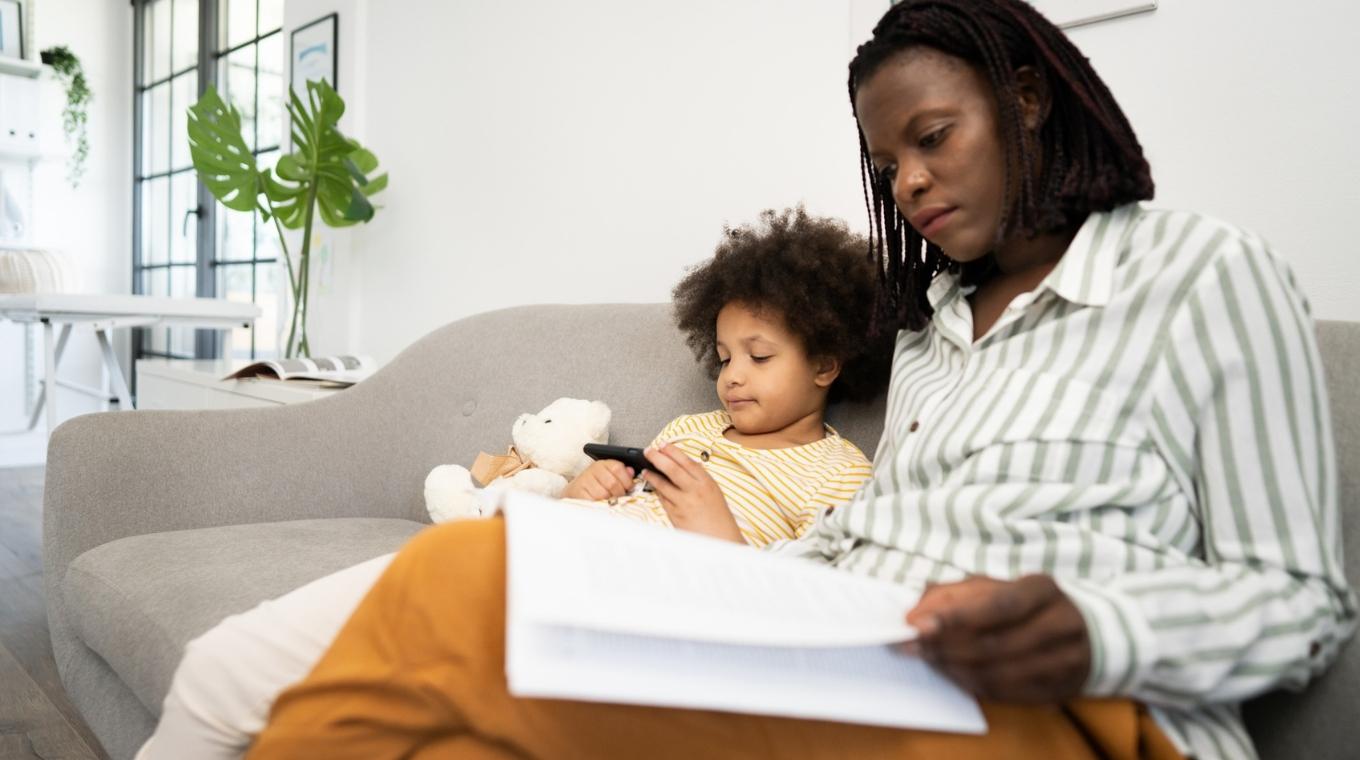
More BIPOC families are exploring therapy as an option than ever before. Patel-Dunn offers these special considerations for these families.
"While clinicians are trained in cultural intelligence, it's critical to note that a clinician will never be fully competent in someone else's culture that is not their own," she shares.
"While all clinicians are trained to facilitate trust with their patients so they feel safe to open up, patients may prefer to work with clinicians who remind them of themselves and share similar cultural experiences."
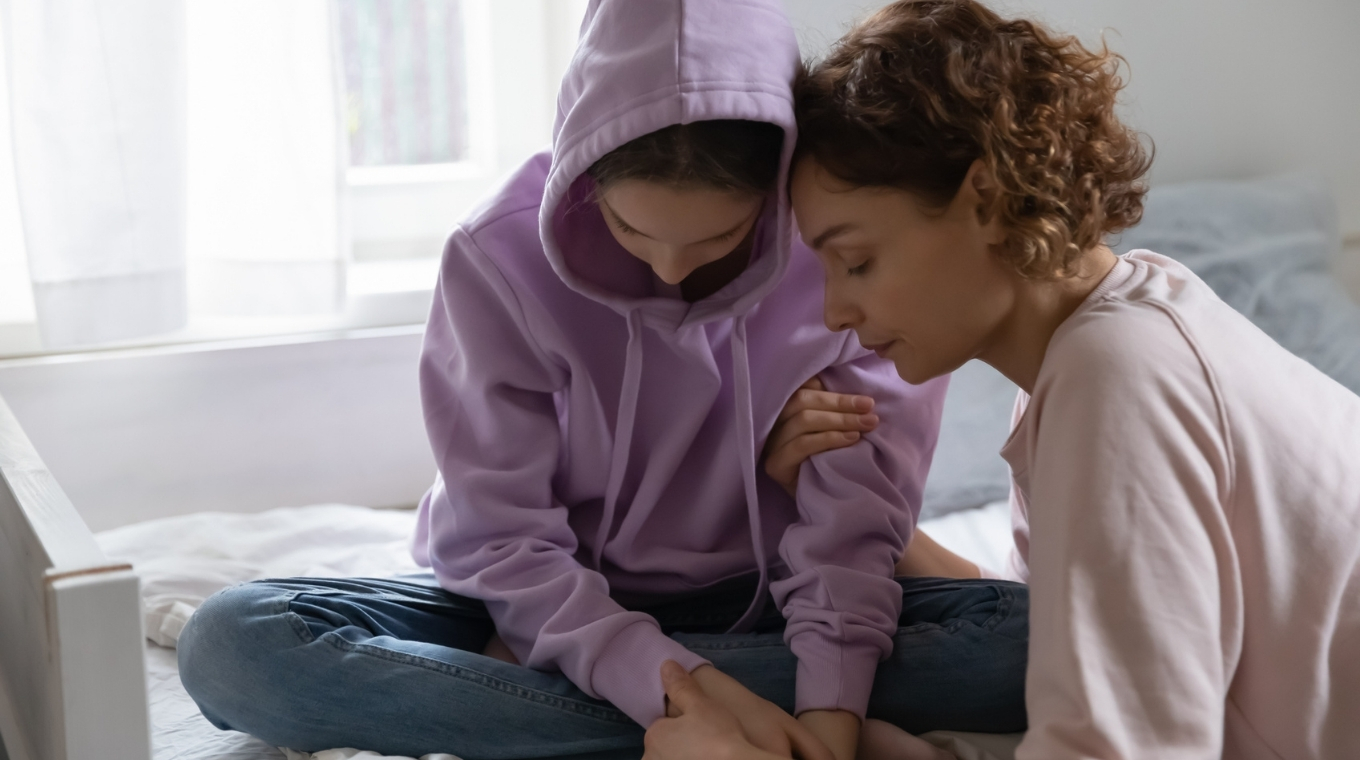
A lot of parents are hesitant to take a step toward therapy. They worry they may be overreacting to a certain situation or projecting issues and feelings on their child that may not be their own.
"If you are at all concerned about your child, don’t hesitate to schedule an appointment, as often there is something very therapeutic in telling your story and getting some initial feedback/thoughts from a professional," Patel-Dunn urges.
"Even if your child is experiencing a short-term challenge, mental health support can be a beneficial part of overall wellness."

Putting your child in therapy isn't just the decision of one parent. It's something that, ideally, you'd like parents to see eye to eye on. That can be difficult in situations where parents are separated or divorced.
"One of the silver linings of the pandemic has been the increased destigmatization of mental health, and it's certainly encouraged a national dialogue about the importance of proactively managing our mental health," Patel-Dunn notes.
"If parents don’t see eye to eye on the importance of mental health care, I'd encourage them to speak with their child's pediatrician or a school counselor for guidance and perspective on the evidence-based treatment options available. Mental health is just as important as physical health, and your pediatrician can be a great resource for navigating these types of discussions."
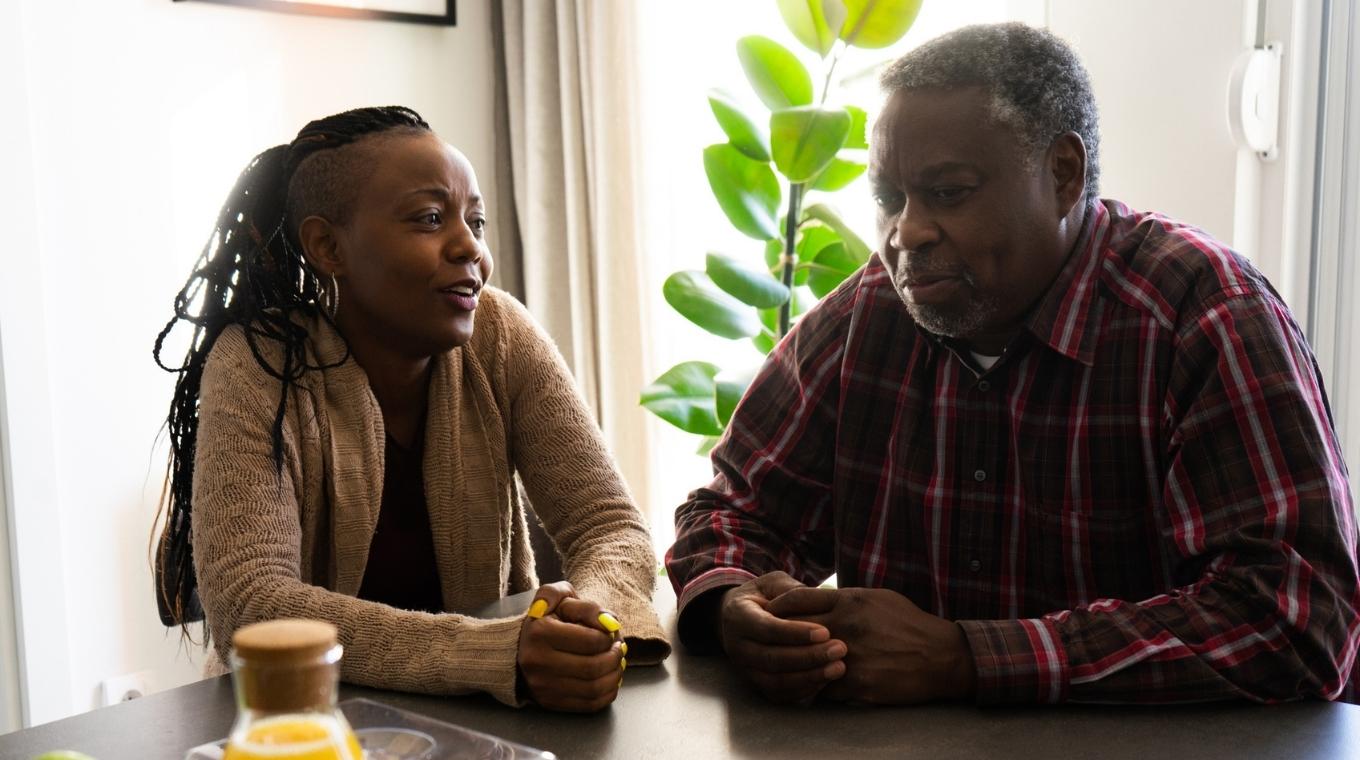
In other families, particularly in many BIPOC cultures, there can be negative attitudes toward therapy that come from extended family members.
"I recommend families in these difficult situations stay focused on communicating that their main responsibility as parents and caregivers is to keep their children safe and healthy," Patel-Dunn says.
"Keeping a child healthy means supporting their overall well-being, which includes mental health."

"Try explaining how there can be overlap between physical and emotional symptoms that co-occur and impact children's ability to go to school and thrive in their daily activities," she continues.
"It's important to make sure you are addressing all needs and areas of concern, which includes both physical and mental health."
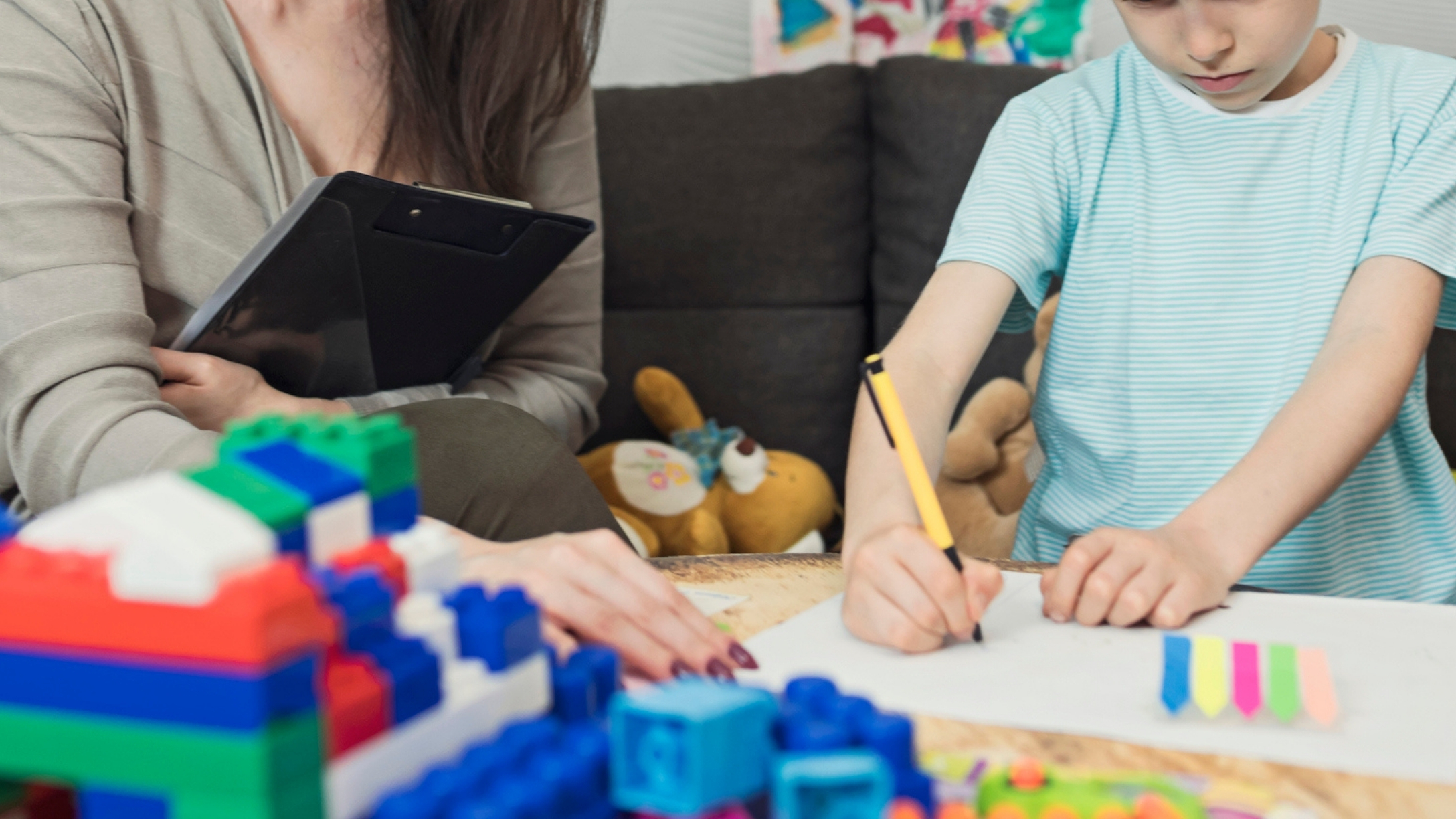
If you feel overwhelmed at the idea of explaining therapy to your child, Patel-Dunn recommends framing it as mental health upkeep and having those stigma-busting conversations with kids of all ages.
"The best intervention is early intervention. It's important to encourage the destigmatization of mental health and remind our kids that they don't need to be shy or embarrassed — everyone struggles at some point," she shares.
"It's best to get in early to see someone to prevent things from getting worse."

"One way to articulate the benefits of mental health care is to equate it to physical health care," she continues.
"When your child is feeling sick or experiences an injury, their primary care doctor would help them to heal and feel better. Mental health is no different, and it’s important to address it the same way you would a physical symptom."

